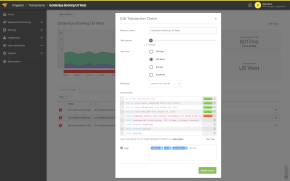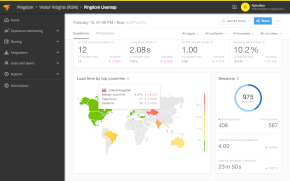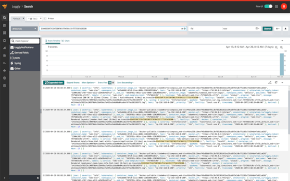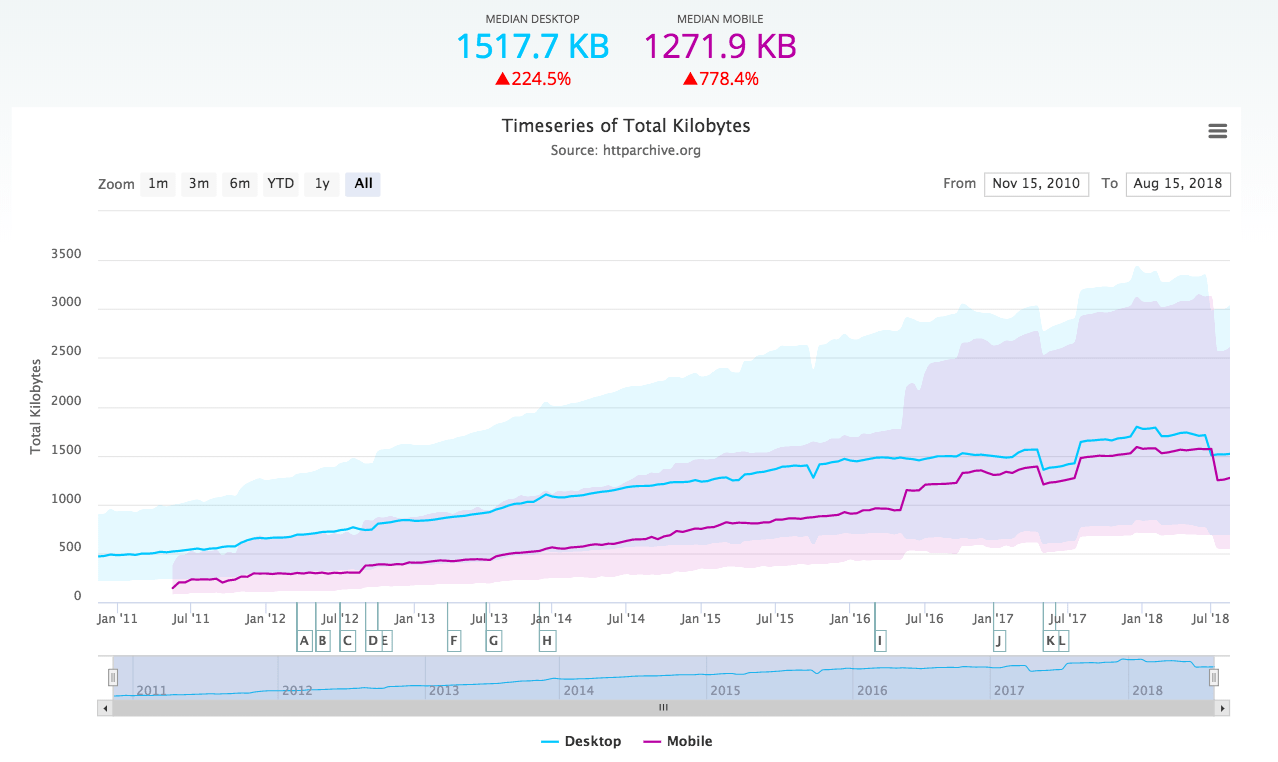Google adds 140 more characters to mobile search results
Now Twitter will put tweets in front of more eyeballs than they otherwise might have reached. It’s just become easier to explore your interests across both Twitter and Google, since Google has added tweets to its search results on mobile. Google says this is an attempt to put “real-time info” into its results, and notes that it provides Twitter users with a larger audience for their content as well.
”To start, we’re launching this on Google.com in English in the Google app (on Android and iOS) and on mobile browsers, rolling out gradually. We’re working on bringing it to more languages and to desktop, so stay tuned.”
Posted by Ardan Arac, Senior Product Manager, Google.
#
Tweets are filled with great and often timely content. The tweets themselves should help Google’s search results be more relevant to its users. Data associated with the tweets might also help Google spot and better surface important content outside of Twitter.
Searching for a hashtag, trending topic or a specific Twitter account yields a scrollable carousel of relevant tweets at the top of search results. The tweets themselves are pared down from what you might see on Twitter but still replete with relevant media like photos, links and post timestamps. When tapping on a tweet in Google search, you’ll be taken directly to Twitter where you can view the tweet and discover additional content.
If you search for a topic using a hashtag, you may see popular tweets about it or a link to real-time posts populating on Twitter. If you heard about Pingdom’s contest #whatdoyoucheck, you can ask the Google app and see what various people and organizations in the Twitter community are saying about it.
They’ve hashed it out
Why the partnership? Can’t Google just crawl Twitter for tweets? Google can and does. However, Twitter’s feed of tweets, commonly called the Twitter “firehose”, is so large (over 6,000 per minute) that if Google tried to capture them all as they happened in a traditional search engine manner, it would likely cripple Twitter with all of its requests. Historically, Google has been finding some tweets, often especially popular ones, but not everything and not as quickly as it or its users might like. Direct access to a feed of tweets makes it much easier for Google to have a comprehensive collection of all tweets and index them as they arrive.
It’s been a long time coming. For years, Google has featured content from its own social network, Google+, prominently in its search results. And Google has struggled to get users to open up its mobile app more often. By bringing real-time content from Twitter onto the Google app, more users may skip using Twitter and instead head to Google when they want the most up-to-date search results. For Twitter, this was a necessary move as user growth has slowed to a crawl. By exposing its content to users beyond its own closed walls, Twitter may be able to pick up more users and attract more viewers to its advertisements.
Will tweets magically outrank other type of content on Google from now on? Almost certainly not.
























